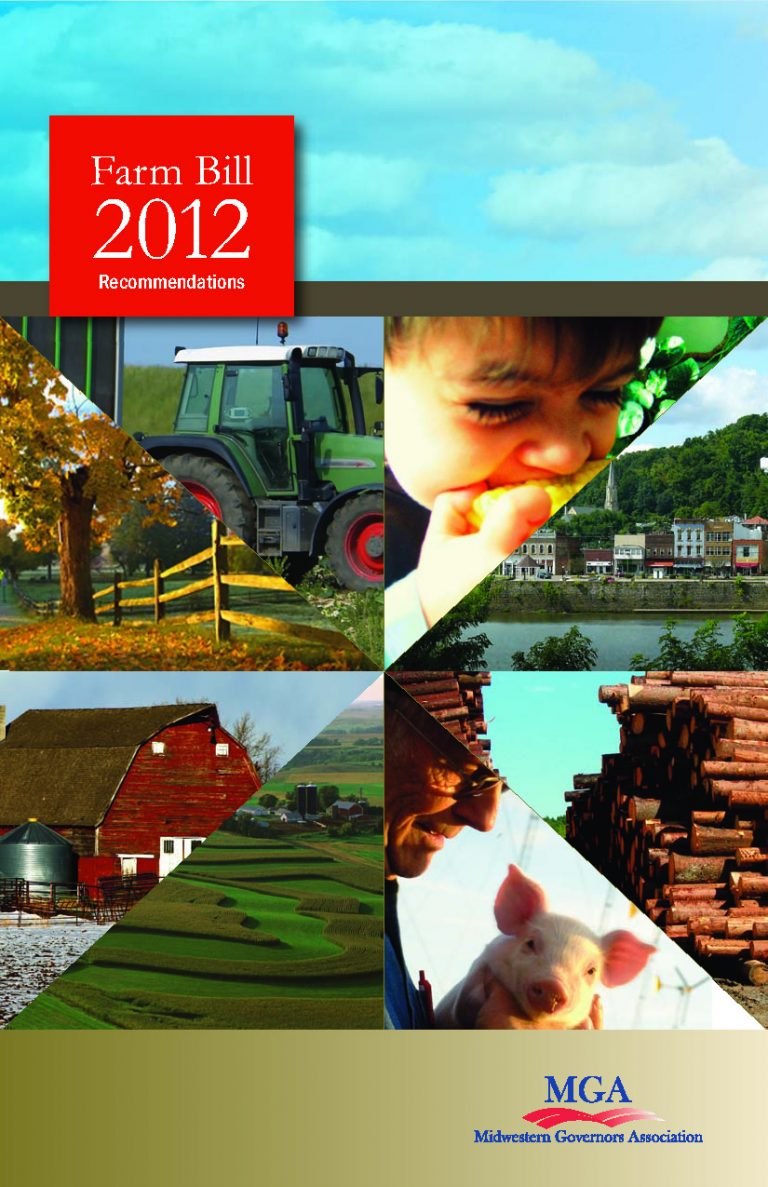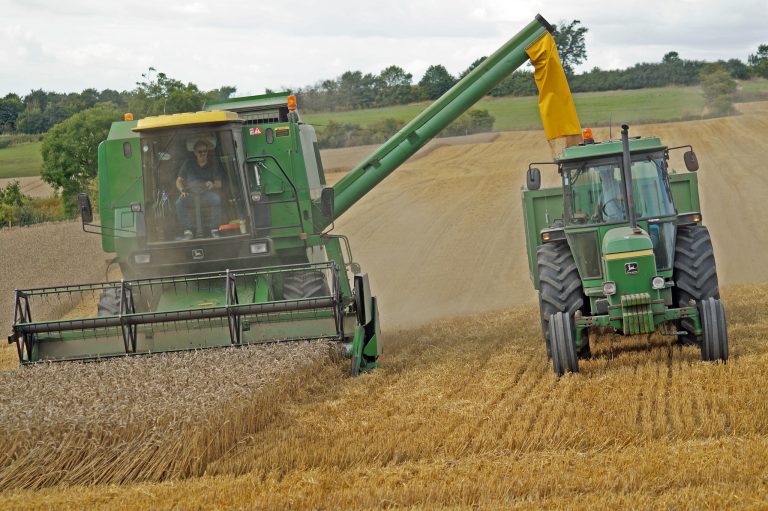Maximizing Bioenergy Resources In The Midwest
A variety of biomass to energy opportunities exist throughout the Midwest, with feedstocks ranging from energy crops to food waste to manure. Many of these biomass resources are currently not fully developed or utilized and state-led programming or incentives can help grow the industry. Biomass can be converted to electricity and/or heat, used as a source of renewable natural gas, or provide a variety of vehicle fuels. A strong bioenergy market could result in local economic development as well as provide a range of potential environmental benefits.





